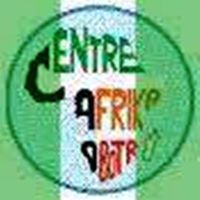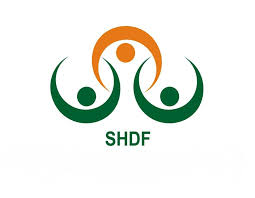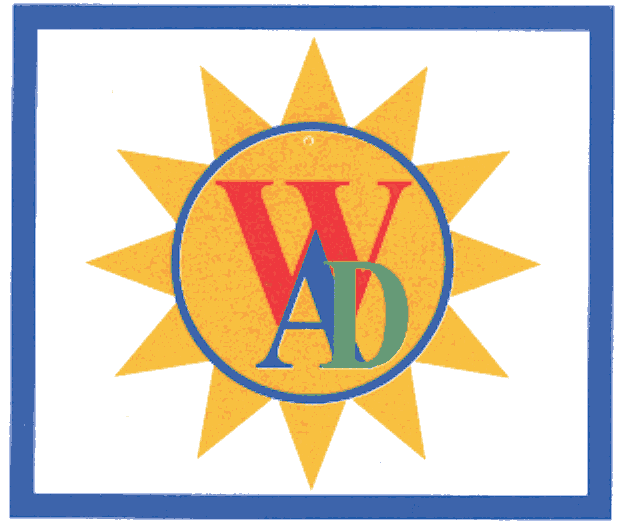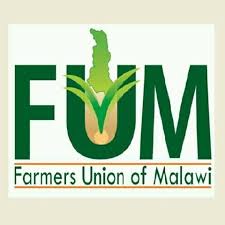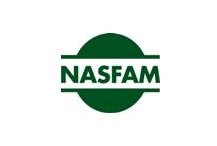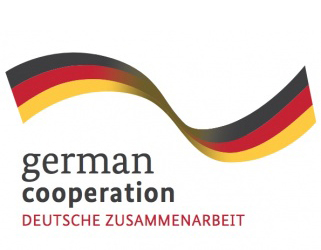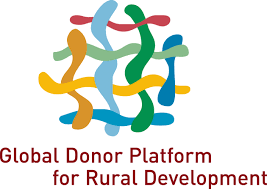Community / Land projects / One World-No Hunger: Strengthening Women’s Land Use and Land Ownership rights in Sub-Saharan Africa
One World-No Hunger: Strengthening Women’s Land Use and Land Ownership rights in Sub-Saharan Africa

$6700000
01/16 - 12/22
Achevé
This project is part of
Implementing Organisations
Donors
Data Providers
General
The safe and just access to resources and land for women is strengthened.

